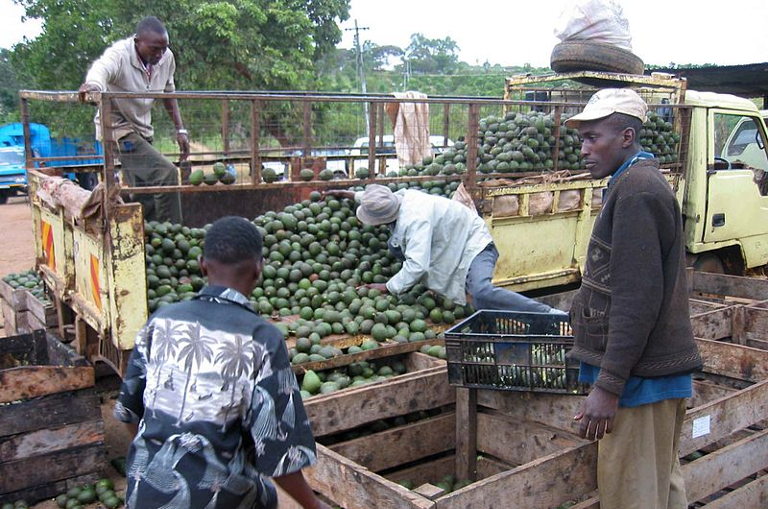The news that the Biden administration shut down imports of avocados from Mexico in response to threats made against U.S. safety inspectors had restaurants and consumers contemplating both higher prices and possibly no avocados at all sporadically.
By the end of the week, Mexico and the United States had resolved the situation to the delight of avocado lovers in the United States and elsewhere. But, the incident illustrates why having enough of something doesn’t always translate into ready availability. One incident involving threats to inspectors brought an entire supply line to a halt.
Avocados, of course, have a limited shelf life and so must move quickly from field to consumer. It doesn’t make sense to stockpile avocados as they will simply ripen and then rot if unused. And yet, the supply lines for most other things—including ones that have a long shelf life such as computer chips—have become increasingly fragile as manufacturers and retailers have practiced what is known as just-in-time (JIT) delivery. JIT means arranging delivery of what one needs just in time to use it, say, in an assembly process or to restock shelves. Essentially, it eliminates or at least dramatically reduces inventories.
JIT therefore reduces the money tied up in inventory that is sitting in warehouses and on shelves, money which can then be used elsewhere. In short, it’s more cost-effective to practice JIT (at least in the short run). In order to remain competitive, companies have been pushed to get on board with JIT. That such a system is highly fragile—just one failed element in the supply chain can lead to immediate shortages—never seems to occur to the executives running these companies.
The fragility of our worldwide logistics system was brought home to me recently. I was contemplating buying a new computer for the first time in 15 years. I normally buy used equipment and slap a Linux operating system on it. But this time around used workstations with roughly the hardware I wanted were going for prices that were not much cheaper than new ones tailored more specifically to my needs. I kept researching over a period of weeks to figure out exactly what I needed and where to get it at a reasonable price. I was planning on evaluating my choices for a couple more weeks when I saw this headline: “US firms have only few days’ supply of semiconductors: Government”
I realized that if I didn’t order soon, I might be waiting several weeks and even months for the customized machine I wanted. I ordered immediately.
We are all going to be facing such situations increasingly as the complex systems we are embedded in break down. Government officials and industry insiders have told us that we are facing a pandemic-induced temporary problem. All will supposedly be well in the not-too-distant future.
I have my doubts. I believe we’ve created systems that are so complex that nobody really understands them, and that therefore when they break down, nobody really knows how to fix them.
The idea of simplifying supply chains is just starting to dawn on industry executives and government officials. The cost of doing so is very high. One estimate puts the cost of making the United States self-sufficient in semiconductors at $1 trillion. That’s just to get back to a place the country was decades ago when America was the center of computer chip fabrication. Making such a round trip will be costly across the board for most products in most countries.
I do not think such a process will go smoothly. My advice is: Eat your avocados now. And, if you are really serious, plant your own avocado tree where the climate permits.
P.S. For an extended and detailed account of the complexities of the avocado trade in Mexico–it includes narcotraficantes–see the excellent coverage on Naked Capitalism.
Photo: Kenya Off-Loading Avocados. The fruit is collected by the exporter on-farm, whereby the fruit is then sorted and stored for crushing until a proper oil content of 8% is realized.. US Agency for International Development (2007). https://commons.wikimedia.org/wiki/File:Offloading_of_avocados.jpg






